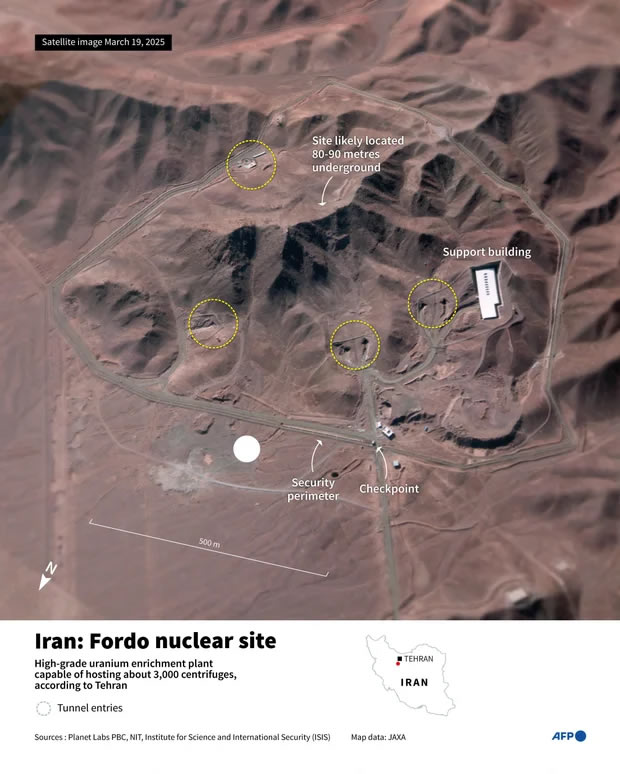Many tennis commentators say Novak Djokovic is all but unbeatable in Australia. He is, after all, the winner of a remarkable nine Australian Open Grand Slam titles. And, as the Australian government discovered this week, it hasn’t proven easy to defeat him in a court of law, either
Breaking News
You May Also Like:
Trump weighs joining Israel on strikes of Iranian nuclear sites
President Trump is considering joining Israel’s multiday effort to strike Iranian nuclear facilities, multiple sources familiar with the matter told CBS News. One possible target […]
4 US Army soldiers go missing in Lithuania during training exercise, vehicle recovered
Search and recovery efforts are ongoing for four U.S. Army soldiers who went missing during a scheduled training exercise near Pabradė, Lithuania, according to the […]
King Charles briefly hospitalized amid cancer treatment, Buckingham Palace says
King Charles III was briefly hospitalized Thursday amid ongoing medical treatment for cancer, according to Buckingham Palace. Charles’ hospitalization was a result of “temporary side effects” […]
7.7 magnitude earthquake rocks Southeast Asia
LONDON — An earthquake with a 7.7 magnitude has rocked Southeast Asia on Friday, according to the United States Geological Survey. USGS is reporting the epicenter of the […]
These US states may be able to see the northern lights tonight
How to increase your chances of seeing the northern lights In the continental U.S., some of the best places to see the northern lights are […]
5 injured, including 2 Americans, in ‘serious’ stabbing attack in Amsterdam: Police
Five people were injured, including two Americans, in a “serious” stabbing attack that occurred in broad daylight in Amsterdam’s city center on Thursday, police said. […]















+ There are no comments
Add yours